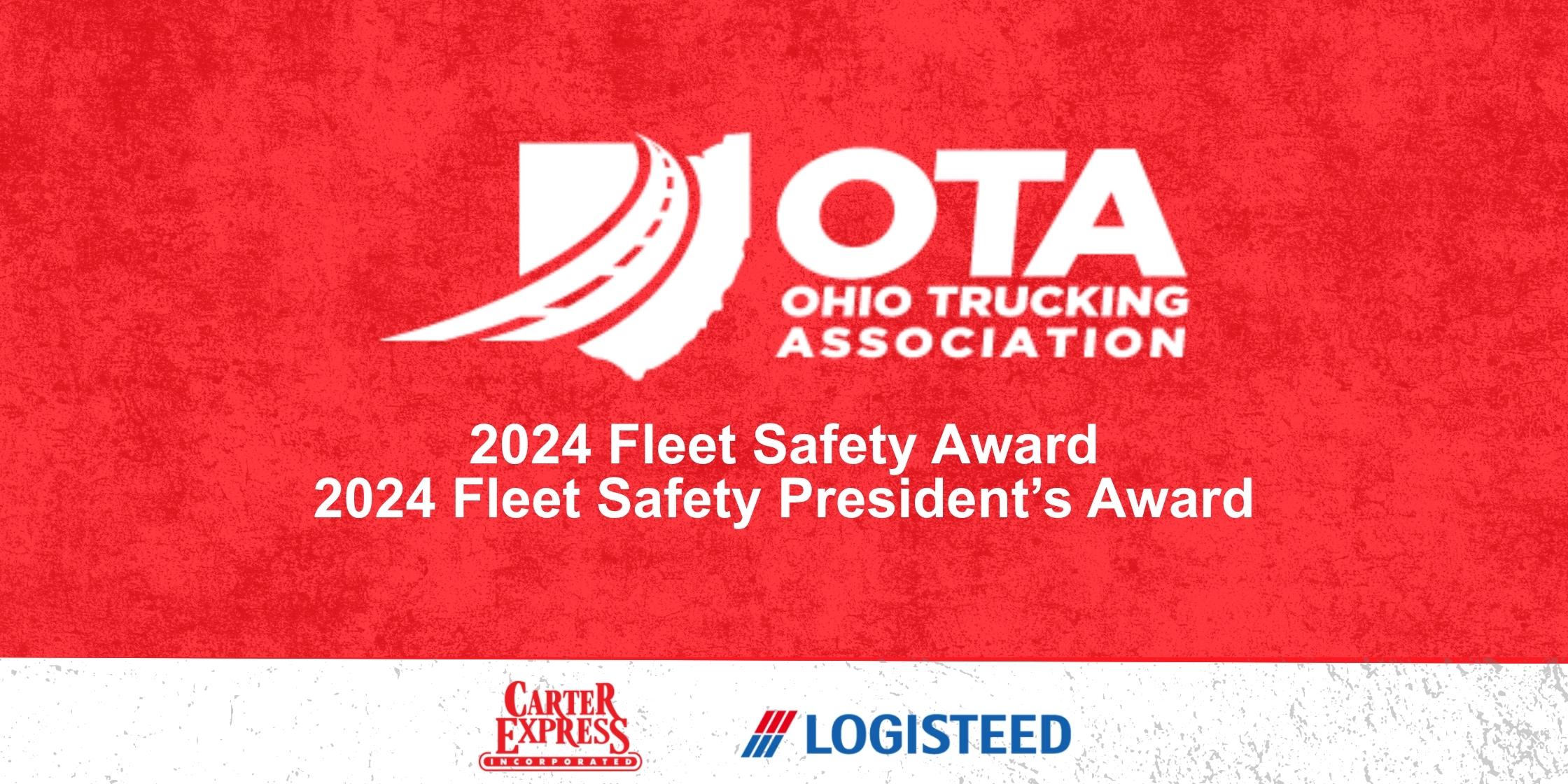While the trucking industry can seem to work like a well-oiled machine from outside appearances, the reality is that there are a lot of people working tirelessly to ensure things keep moving despite battling some major challenges. Our industry has faced some major issues over the years, some of which have been significantly amplified over the last three years through the Covid pandemic. Looking ahead to the second half of 2024 and beyond, these are the top five concerns we’re facing as an industry:

While the trucking industry can seem to work like a well-oiled machine from outside appearances, the reality is that there are a lot of people working tirelessly to ensure things keep moving despite battling some major challenges. Our industry has faced some major issues over the years, some of which have been significantly amplified over the last three years through the Covid pandemic. Looking ahead to the second half of 2024 and beyond, these are the top five concerns we’re facing as an industry:
1. Driver Shortage/Compensation
The truck driver shortage has been a problem for decades and is predicted to get even worse. In 2021, the industry was short 80,000 drivers to meet freight demands. According to the U.S. Transportation Department, about 300,000 truck drivers leave this profession every year. The pandemic played into this too, as training became more difficult, and some companies were forced to limit their operations.
At Carter, we prioritize driver retention by providing our drivers with work/life balance through top pay, reliable home time and affordable benefit packages. We’ve also worked hard to make Carter an employer-of-choice for veterans and women drivers and focusing on a younger driver demographic through our student driver program.
Driver compensation remains one of the top trucking industry concerns and with good reason. It plays a major role in the driver shortage and retention issues. Many people believe that there are enough people out there to fill the driver shortage, but low pay and poor working conditions make that impossible.
Not only do we believe in the importance of paying competitively, but Carter is committed to being an industry leader when it comes to benefits, equipment, and home time. Our drivers stress that consistent time off, bonus pay opportunities and a strong commitment to safety are just as important as their pay rates. By setting the example, we believe it’s a major step towards raising the standard in total driver compensation packages industry wide.
2. Equipment Shortage
The country is not just short on drivers. Major supply chain issues since 2020 have also impacted trucking companies and the industry as a whole. More recently global events also continue to disrupt the supply chain. Parts shortages, particularly with chips and rubber, have driven up the cost of new and used trucks. As an example, most modern trucks use 15-35 computer chips that power everything from rear cameras to emergency brakes. These same chips are also used in other items including medical equipment, cell phones and appliances. The equipment shortages began during the pandemic shutdown around the world, but it was also compounded by the Evergreen container ship blocking the Suez Canal for six days, labor shortages and government-mandated shutdowns.
3. Transportation Infrastructure
Traffic and infrastructure problems cost the trucking industry billions of hours and dollars every year due to congestion and road and bridge closures. Thankfully, the routing technology we have available can help drivers navigate around a lot of major issues and reduce infrastructure-related losses to companies. We’re hoping that federal funding will not only go toward fixing some of these issues on the national highway system, particularly in the most common choke points, but also to the local intermodal connectors between the highway system and important intermodal facilities. The majority of these roads typically fall under local or county jurisdiction and will need federal dollars to ensure they can hold our multimodal system together.
4. Truck Parking
Safe truck parking also continues to be a significant issue. According to FreightWaves, there are about 1.5 million truck drivers on the road at any given time and fewer than 400,000 available parking spots. The issue is compounded by inadequate funding for public parking, hours-of-service restrictions and a growth in the shipping demand putting more drivers and trucks on the road. Parking apps to help you find available parking in real time and truck stops that allow you to reserve parking in advance can help alleviate this issue. This is one reason why we focus on regional routes at Carter, because this allows our drivers to get home throughout the week as well as most weekends and reduces the number of nights you need to find parking. Solo drivers on our dedicated routes get home daily, eliminating the overnight parking need altogether.
5. Environmental Regulations and Sustainability
Lastly, as our markets continue t grow such as the rise of technology and AI we see increases in topics such as Environmental Regulations and Sustainability. An increasing emphasis on sustainability and environmental regulations may lead to greater pressure on the trucking industry to reduce carbon emissions. As well as adoption of electric and alternative fuel vehicles may be a concern, along with the associated infrastructure challenges.
There are certainly a lot of challenges facing the trucking industry right now, but there’s also a lot of good in the work we do too. This job is worthwhile and each of our drivers play a pivotal role in delivering goods around the country. If you’re interested in joining us here at Carter, reach out to us today!


